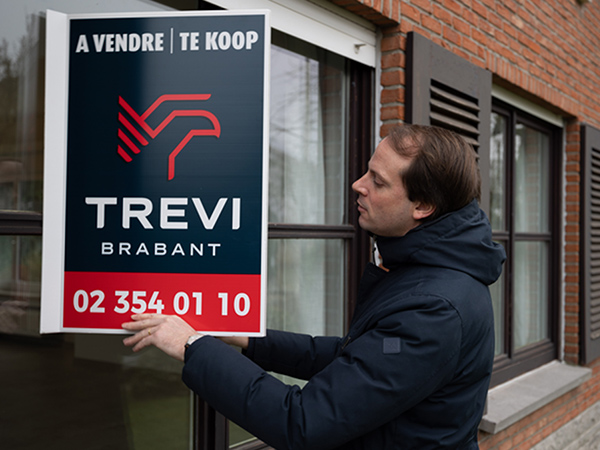Checklist “I’m selling my investment property”.
Selling your property today requires a series of steps to be taken “before you start”, the vast majority of which are LEGALLY ESSENTIAL.
Selling your property today requires a series of steps to be taken “before you start”, the vast majority of which are LEGALLY ESSENTIAL.

Be careful: if the buyer is not fully informed of the legal situation regarding town planning, you will be held liable!
Remember also that estate agents and/or notaries are obliged to be transparent about this situation.
(An attic converted into a bedroom without planning permission, a commercial ground floor converted into living accommodation, the division of a large flat into 2 units, the closure of rear terraces, the replacement of windows using different designs and materials to those originally used… these are just a few classic examples of offences).
The situation does not require tidying up, but informing the future buyer correctly so that he or she can deal with it personally.


An approved PEB certifier will come to your home to draw up an expert report to determine the energy value of each housing unit.
You are legally obliged to mention the result of this certificate in all advertising, notices and announcements.
Depending on the region concerned, the situation is different, but in any case requires action by the selling owner.


No later than the date of the deed of sale, you must provide the purchaser with an electrical installation inspection report for each dwelling unit (this applies to all residential properties).
The law does not require you to ensure that the installation is compliant when you sell, but it does require you to inform the purchaser of the state of your installation, and if it is not compliant, the purchaser must carry out the necessary work to bring it into line within 18 months of the date of the deed of sale.
The certificate is valid for 25 years.
Potential buyers very often ask for a copy of the plans of the building: it is strongly recommended that you prepare archive plans or recent sketches of the entire building, which are also necessary for the request for planning information.
This can be requested in advance from the archives department of the local authority concerned.


The selling owner must submit a file containing all the information relating to the life of the property since 2001: maintenance carried out, works, dismantling and/or replacement of installations, invoices from the owners, electrical plans, etc.
The seller has a number of obligations with regard to an oil tank, depending mainly on the capacity of the tank:


Potential buyers must be informed of any legal proceedings or disputes concerning the property for sale.
Obviously, you should try to coordinate the availability of the various tenants as best you can, so as not to have to travel too much!


The sale of an investment property requires clear and comprehensive information on the rental situation for prospective buyers.
A table showing the occupancy of the various tenants and the actual rents should be provided, and copies of the current leases, inventories of fixtures and fittings, rental guarantees, withholding tax, etc. should be attached.
A word of advice: try to draw up your deed of sale at the beginning or end of the month to avoid complex “prorata temporis” calculations between the parties when the deed of sale is signed.
The work of a professional intermediary specialising in investment properties consists of :
